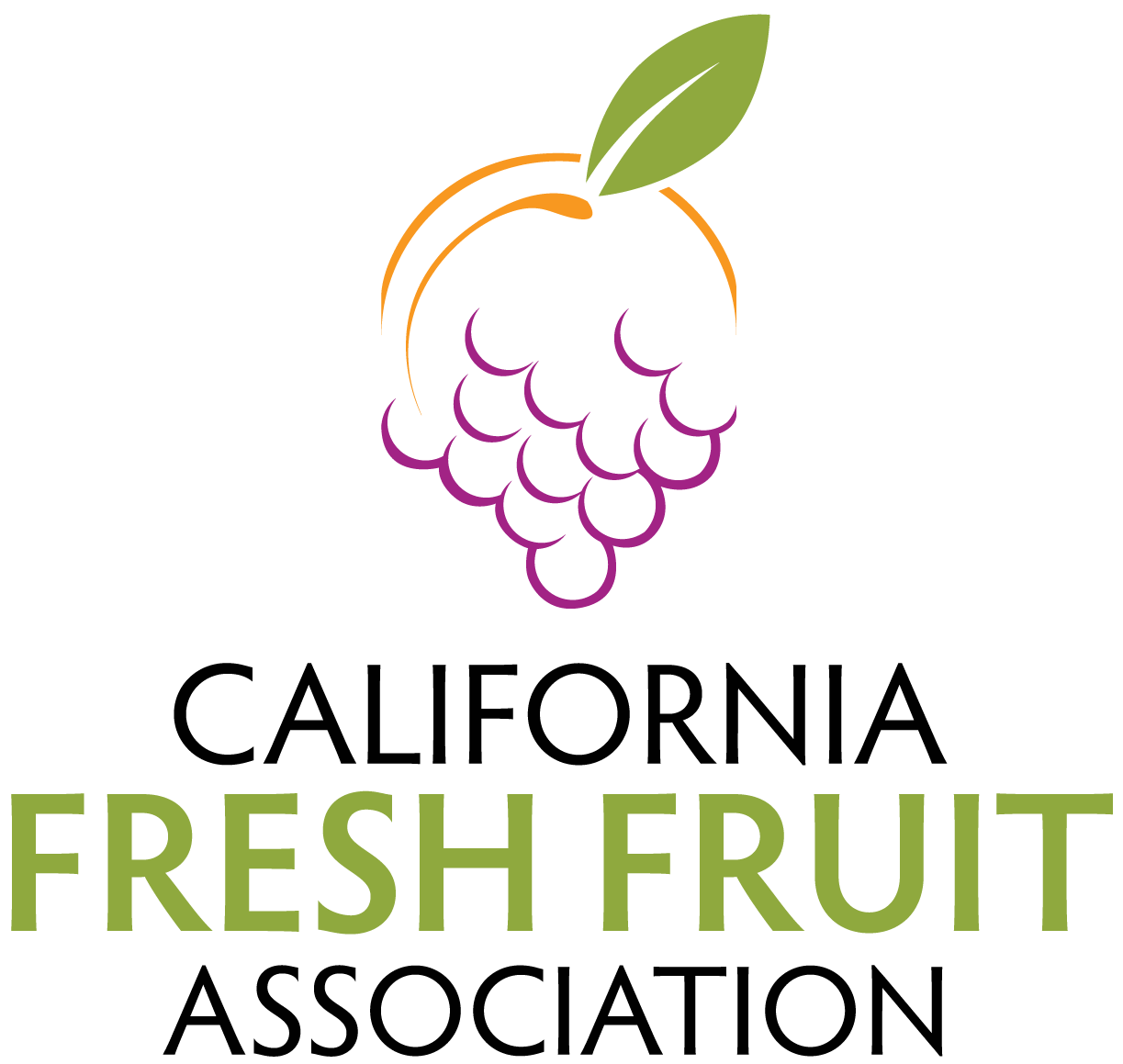Nutjobs Wins AgSharks Pitch Competition
Nutjobs earned a record funding offer of $6 million during the fifth annual AgSharks Pitch Competition
Western Growers and S2G Ventures have announced the winner of the 2022 AgSharks Pitch Competition, with Nutjobs earning a record equity investment offer of $6 million from the event’s judges.
Nutjobs transforms nutshell waste into bio-benign plastic alternative products that are bio-based, compostable and derived from secondary agricultural waste. By transforming nutshell waste into bio-benign plastics, Nutjobs creates plastic substitutes that are cost effective and environmentally sustainable.
“We are thrilled to win the AgSharks competition, among such a strong group of finalists,” said Paul Kephart, Founder, CEO and CTO of Nutjobs. “It is opportunities like these that not only help companies spread the word about new ag-focused technologies, but also support our efforts to innovate further and scale our business. The network of growers, investors and industry leaders at this event is incredible, and many of these conversations are just the beginning of partnerships that will make a long-term difference across the food supply chain. We are grateful to S2G and Western Growers for hosting an outstanding event.”
In addition to investment capital, Nutjobs will receive international recognition, mentoring from WG and S2G, potential access to farm acreage to pilot their technologies and exposure to WG’s expansive network of leading fresh produce companies.
“Once again, the AgSharks competition has brought together top growers and entrepreneurs making advancements in the agriculture sector,” said Aaron Rudberg, Managing Director and COO at S2G Ventures. “We congratulate Nutjobs on being selected as the winner of this year’s competition. With increasing concerns about plastics in our soil systems, along with the prevalence of wasted food byproducts, Nutjobs’ upcycled solution addresses these issues in a unique way. We look forward to partnering with Paul and the team as they continue to make inroads in the space.”
“I’m excited because Nutjobs got a chance to pitch in front of the entire Western Growers membership, to show off their wares and brag about their tech,” said Walt Duflock, VP of Innovation at Western Growers. “That will accelerate their success – and we know that they are ready.”
The funding offer was awarded by S2G Ventures after Nutjobs competed against two other finalists inventing new technology solutions to solve agriculture’s most pressing issues. Besides Nutjobs, the finalists were:
• En Solucion works in the agtech sector to improve food safety through development of novel methods for cleaning and sanitizing. Current projects include exploring the feasibility of employing nanotechnology to replace traditional post-harvest chlorine wash.
• SWAN Systems helps water managers make the most out of every drop of water. The company’s configurable water and nutrient management software helps farmers make data-driven decisions about how much and when to irrigate; enabling them to apply only what is needed for optimal plant growth.
These startups pitched their inventions in front of an audience of more than 300 fresh produce farmers and industry leaders during the 96th WG Annual Meeting in Las Vegas on Nov. 2-5, 2022. In addition, Nutjobs was the Audience Choice Winner, as determined by the votes of those in attendance.
The competition was hosted by Stuart Woolf, President and CEO of Woolf Farming & Processing, and judged by Neill Callis, the General Manager of Turlock Fruit Company; Audre Kapacinskas, Principal at S2G Ventures; Rudberg; and Kristen Smith Eschaya, President of JV Smith Cos.
AgSharks was first held in 2017, and through the competition, past winners Hazel Technologies and Burro have since brought their products from development to market. Hazel Technologies has raised over $87.8 million in funding over six rounds and is advancing the industry with sachets that extend the shelf life of fresh produce by as much as three times. Burro raised a $10.9 million Series A round in September 2021 led by S2G Ventures and Toyota Ventures and continues to help solve farmers’ labor woes with the expansion of its fleet of autonomous robots to farms across the west.

















